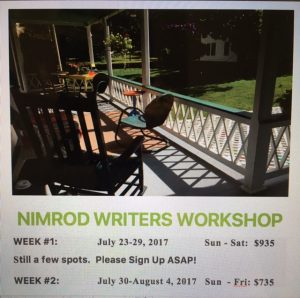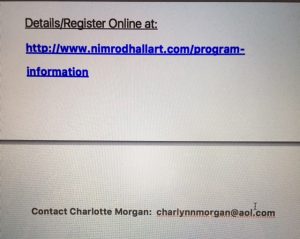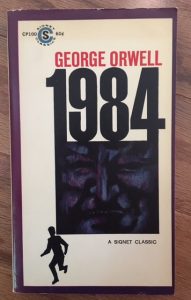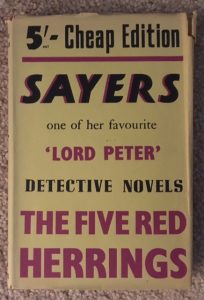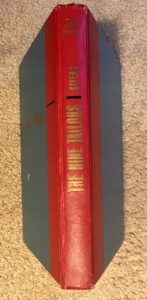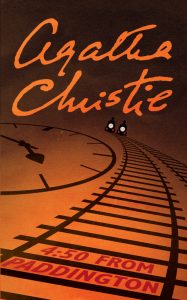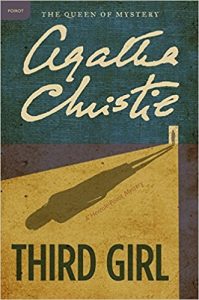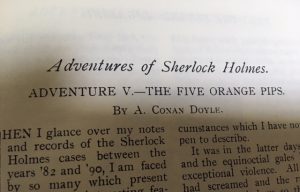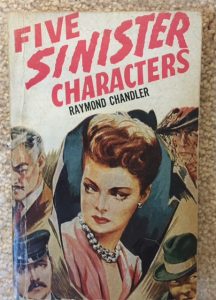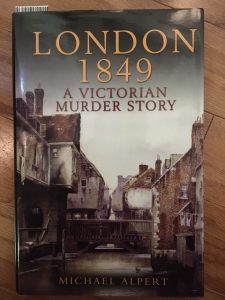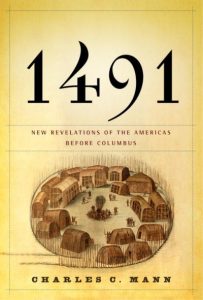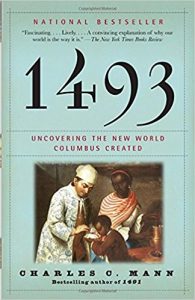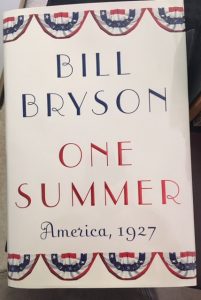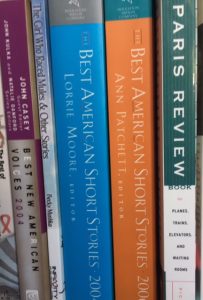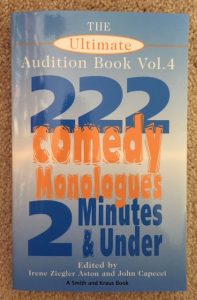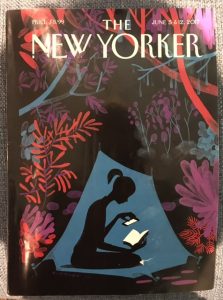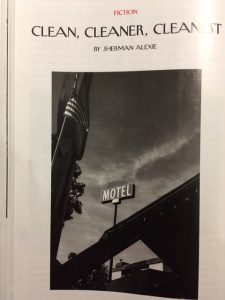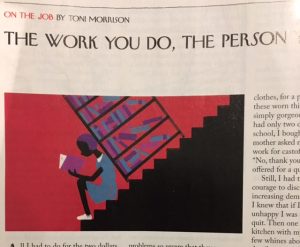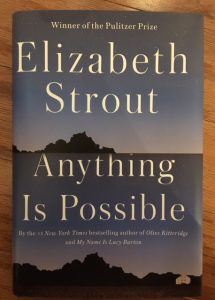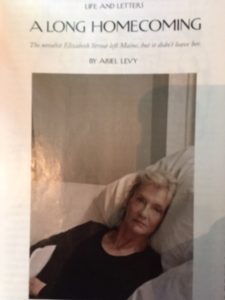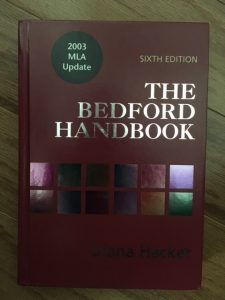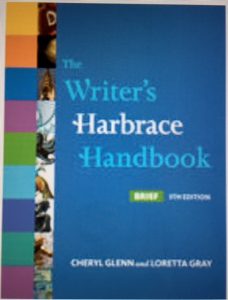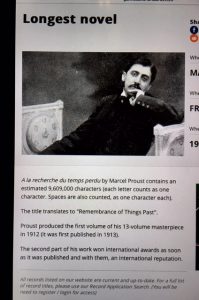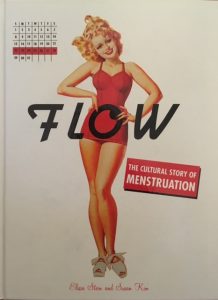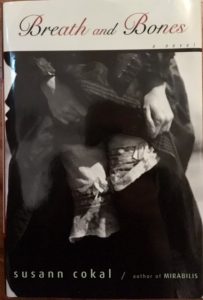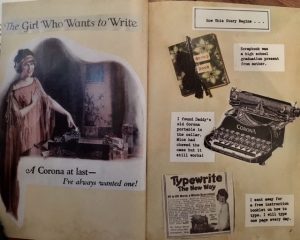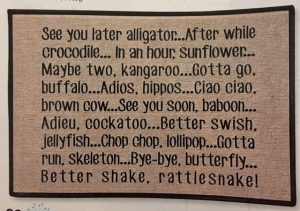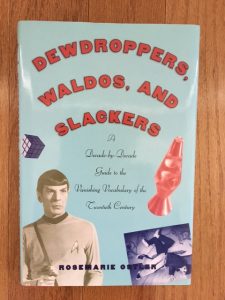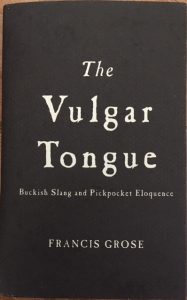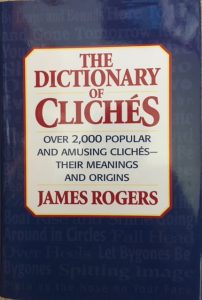I read slowly. Back in college I tried to learn speed reading, but it just didn’t work for me. I always feared I’d miss details. Now I read both for pleasure and to gather information important to my writing. I still read slowly, savoring the words, images, and ideas.
I also read voraciously. This dates from my childhood, when I took home as many books as I could carry from the county bookmobile every two weeks. (I’m not alone here, but I also know people who came to reading well into adulthood. For them, stresses imposed by school or parents made it a chore rather than a pleasure.) Now, my voraciousness is especially true of fiction. I love finding a series and reading one after the other as fast as I can—which, being a slow reader, isn’t all that fast! Still, when the individual books are shorter, that sometimes means one a day.
I’m not alone. I know a woman who reads so many books that she actually has a budget item for book purchases.
For pleasure reading, I choose Kindle. I read with slightly enlarged type, and carry it everywhere—while en route and while waiting.
For research, I prefer physical books—books I can bookmark, underline, and annotate. (Yes, I know people can do those things on electronic devices, but I am not one of them.) For reference books, I don’t go cover-to-cover. I skip around, and treasure a good index to help me find the relevant pages.
I recently discussed this with my writing group. Judy Witt and I agree that the last thing we do before sleep is read. But more often at home, I read in a recliner, feet elevated.
How do you read?




